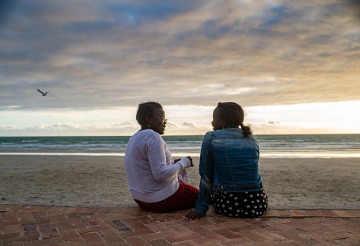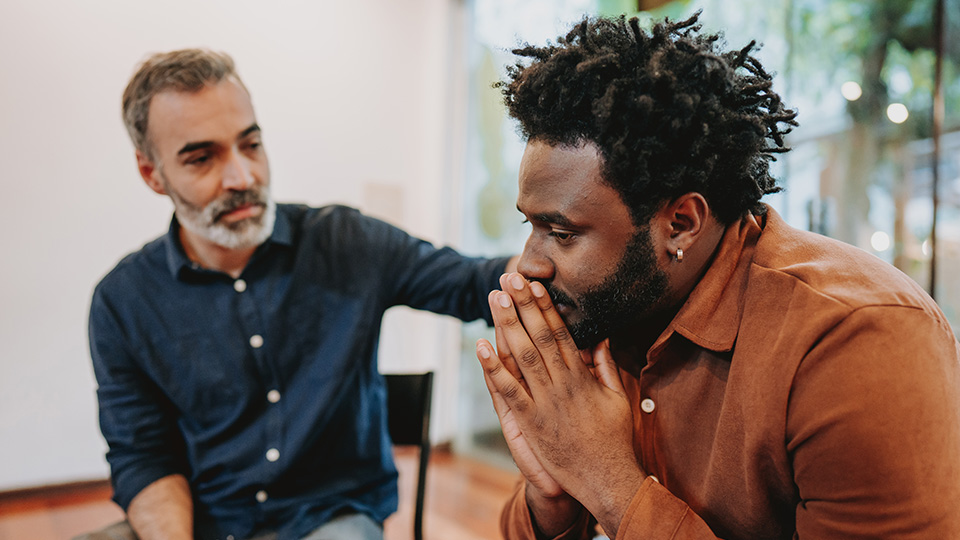Bereavement and grief counselling
Grieving the loss of a loved one can be an overwhelming and deeply personal journey, but seeking support early can help you navigate the emotional challenges ahead.
Start your journey to healing with Priory and discover more about our expert-led bereavement counselling services, tailored to your needs.







